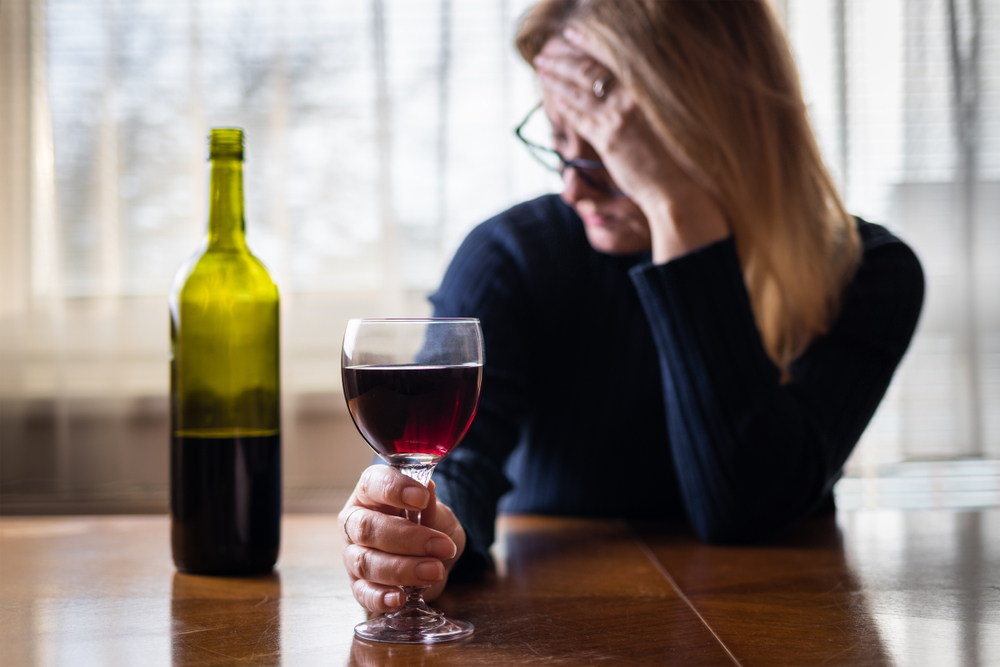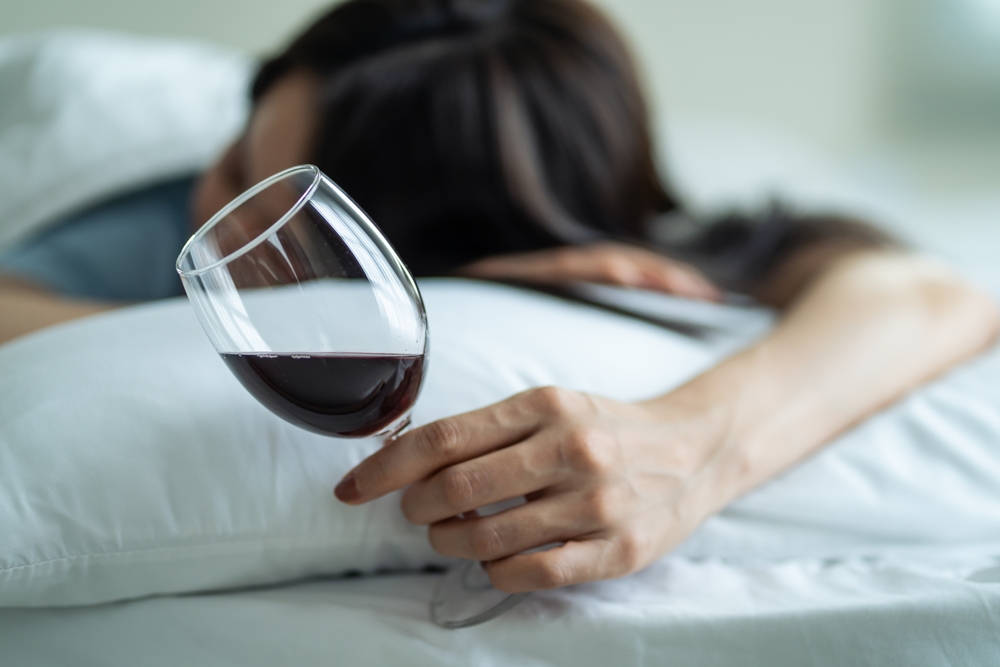Wine often feels like more than just a drink. For many, it’s part of celebrations, intimate dinners, or a way to unwind after a long day. People may consider wine sophisticated or luxurious, picturing swirling glasses, vineyards, and candlelit tables. But what happens when that occasional glass turns into more? Drinking wine can start as something social or relaxing, but over time, it might creep into your daily routine. Before you know it, it could be less about savoring the taste and more about needing it to feel okay.
Many people question whether such a “classy” drink can really lead to addiction. In this blog post, you’ll learn about the alcohol content in wine, whether you can get addicted to it, what the signs look like, and what you can do if wine starts to take control of your life.
What Is the Alcoholic Content of Wine?
You might be surprised to know that wine contains more alcohol than beer but less than hard liquor. On average, wine has about 12% alcohol by volume (ABV), though some varieties can go as high as 15% or more. For comparison, most beers have an ABV of 4-6%, while hard liquors like vodka or whiskey typically start at 40%.

This means a single glass of wine can deliver as much alcohol as several beers, depending on the serving size. Many people don’t realize this because wine is often served in small glasses and feels “lighter” than other drinks.
The perception of wine as sophisticated or expensive can also lead people to think it’s harmless. But alcohol doesn’t care how fancy your drink is. It’s still alcohol, and consuming it regularly or in high amounts can lead to dependency. Just because wine is associated with luxury or relaxation doesn’t mean it’s immune to the risks that come with drinking too much.
Can I Get Addicted to Wine?
Yes, you can absolutely get addicted to wine. While wine may seem harmless compared to rum or tequila shots, it’s just as possible to develop a dependency on it. Addiction to wine happens the same way it happens with other forms of alcohol. Over time, your body begins to crave the substance, and it takes more and more wine for you to feel the same effects.
You might not even notice this at first. Perhaps you start with a single glass to relax after work, then it becomes two or three glasses. Later, you might find that you can’t go a night without it. If you rely on wine for comfort, to deal with stress, or to feel more social, it can sneak up on you. The truth is, wine addiction is just as real as addiction to any other kind of alcohol.
Signs of Wine Addiction
How do you know if something feels right or if it’s time to make a change? Paying attention to the signs can guide you in the right direction.
- Drinking more than planned
- Always needing wine to relax
- Drinking alone frequently
- Hiding how much you drink
- Neglecting hobbies or responsibilities
- Feeling guilty about drinking
- Losing track of how much you’ve had
- Thinking about wine constantly
- Experiencing mood swings without wine
- Using wine to manage stress or emotions
- Feeling defensive about your drinking habits
- Building up a tolerance for wine like needing more to have the same effect
- Feeling symptoms like anxiety or irritability when not drinking
Treatment for Wine Addiction
If you realize that wine is taking over your life, help is available. Professional treatment programs can provide you with structure, accountability, and tools to understand why you drink and how you can stop. Therapy might involve unpacking the emotions or stress that drive your reliance on wine.
For those with more severe addiction, detox programs can help manage withdrawal symptoms safely. There’s also outpatient care, which allows you to continue your daily routine while attending therapy sessions and support groups.

Best Alcohol Addiction Treatment in Lake Forest CA
Wine can be just as addictive as any other form of alcohol despite its “classy” reputation. The alcoholic content of wine is significant, and regular drinking can lead to dependency. It’s crucial to recognize the warning signs, such as drinking more than planned and relying on wine to cope.
If you or someone you know is struggling, treatment is available, and recovery is possible. For professional addiction treatment in Lake Forest, Orange County, CA, contact Zoe Behavioral Health. Our alcohol addiction treatment programs offer a comprehensive approach to treat your alcohol use disorder safely and comfortably.